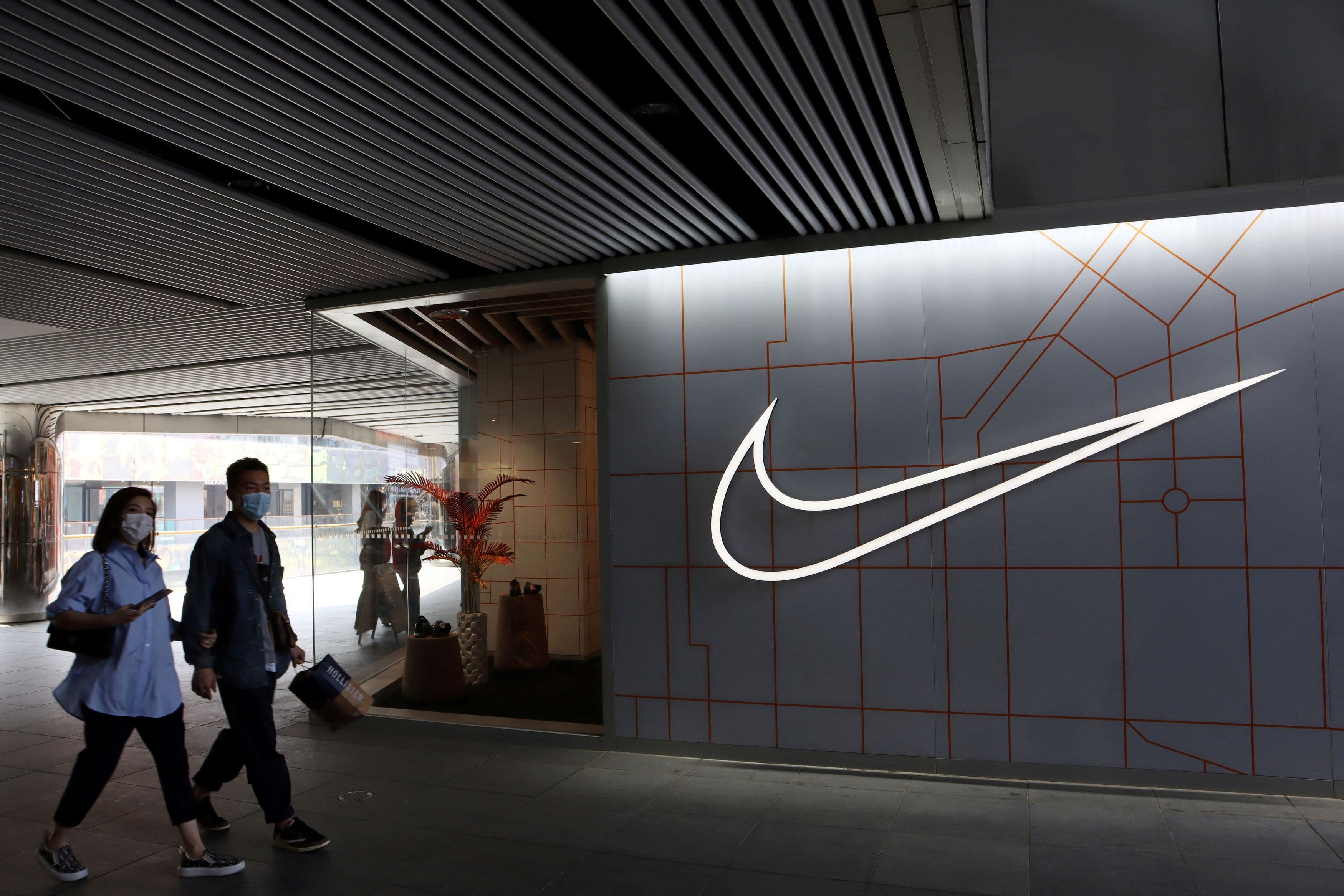
Why Nike’s Political Activism Could Alienate Its Global Customer Base
Nike’s Bold Stance on Social Issues
Nike has never shied away from taking a stand on social and political issues, a strategy that has both bolstered its brand and sparked controversy. From its support of Colin Kaepernick and the Black Lives Matter movement to its advocacy for LGBTQ+ rights and environmental sustainability, Nike has positioned itself as a leader in corporate activism. This approach has resonated strongly with younger consumers, particularly in the United States, where there is a growing demand for brands to align with their values. The “Dream Crazy” campaign, featuring Kaepernick, was a masterstroke in brand marketing, resulting in a 31% increase in sales in the days following its launch.

Polarization and Global Market Impact
However, Nike’s activism hasn’t been without its downsides. While the brand’s stance on social issues has earned it praise in some circles, it has also sparked backlash in others. In regions with more conservative cultural or political climates, Nike’s positions have led to calls for boycotts and have negatively impacted sales. For instance, after expressing concerns about forced labor in Xinjiang, China, Nike faced a significant backlash in the Chinese market, with sales declining by nearly 20% in the following quarter. This polarization highlights the risks of corporate activism—while it can strengthen brand loyalty in one market, it can alienate customers in another.
Balancing Activism with Business Interests
Nike’s challenge lies in maintaining its commitment to activism while navigating the complexities of a global market. As a brand that operates in over 190 countries, Nike must carefully consider how its positions on social issues will be received in different regions. The company’s ability to balance its values with its business interests will be crucial in determining whether it can sustain its global dominance. This blog will explore the fine line Nike walks between standing up for its principles and maintaining a broad, inclusive appeal in a diverse global market.



